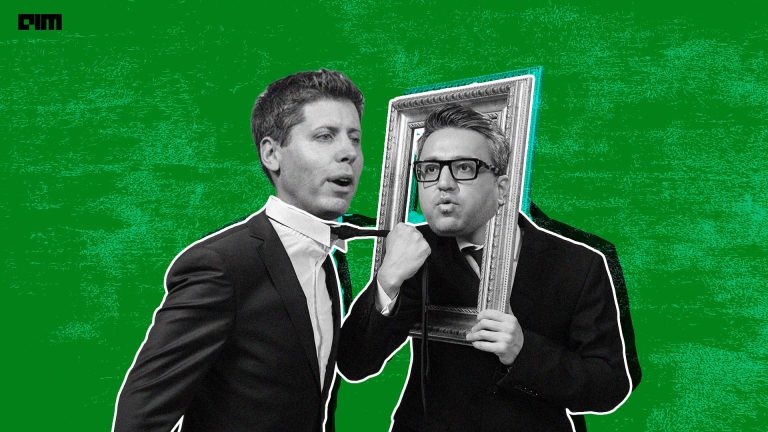|
Listen to this story
|
Uber, India has signed an MoU with Open Network for Digital Commerce (ONDC) to expand the range of mobility offerings on the Uber app. The agreement with the Indian private non-profit organisation stands to strengthen Uber’s mission of bringing safe, affordable and reliable rides to all Indians.
At an event in Bengaluru, Uber’s global CEO Dara Khosrowshahi spoke with Infosys chairman Nandan Nilekani on ‘building population scale technology’. He said companies and governments around the world can learn from the scale and ambition of India’s Digital Public Infrastructure. India’s Uber views open-source tech stacks with a lot of interest and recognises the opportunities they bring for everyone.
Khosrowshahi mentioned that India is the toughest market to crack since “Indian customers do not want to pay for anything”. Hence, leaping into the market with ONDC will help Uber strategise globally. The Indian counterpart of the US-based ride-hailing platform has never shied away from experimenting and exploring the Indian landscape.
“Indian customers are so demanding and do not want to pay for anything. It is the gig way to the world for us [Uber],” said Khosrowshahi.
T Koshy, MD & CEO of ONDC, said, “As the Open Network is continuously evolving, MTT (Mobility, Transport and Travel) is certainly a critical sector for us. Different players together on the network foster innovation and newer business models. Today’s MoU is a major step forward, and one we hope will enable a diverse range of mobility solutions to benefit every Indian.”
Over the past decade, Uber’s technological innovation has helped revolutionize mobility for people across the world. Moreover, the app has reshaped India’s transportation landscape, offering safe, reliable and affordable rides to people across 125 cities across a range of different vehicle types and has helped more than 900,000 Indians earn a living each month by driving with Uber.
The company has invested millions in engineering tools through the Bangalore hub. The foundation laid by the team in Bangalore has helped the company’s business expand across sectors from calling for a cab to delivering food at your doorstep. The team has continued to make significant tech investments to reduce the cost of servers, database resources, and data storage resources.
“This means that both businesses benefit from our reduced cost of operations, underlining our dedication to efficiency and sustainability,” Madan Thangavelu, Uber’s senior director of engineering had explained in an exclusive interaction with AIM.































